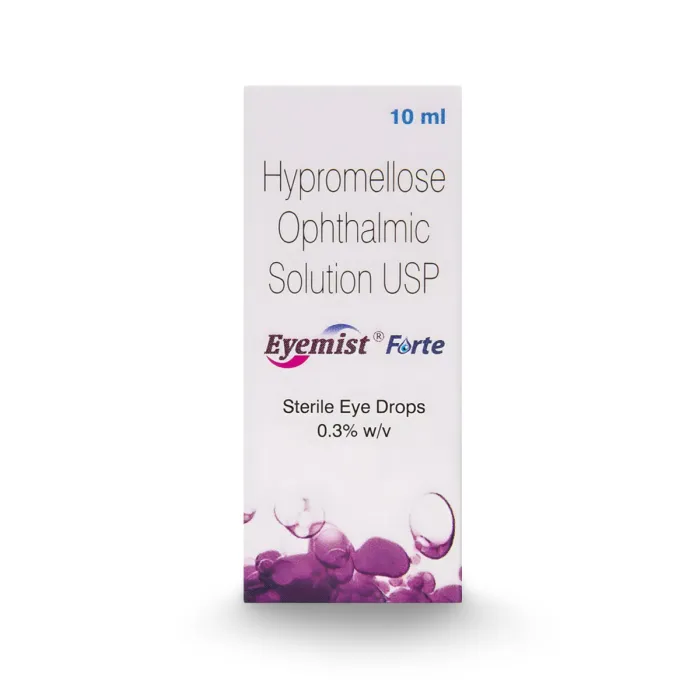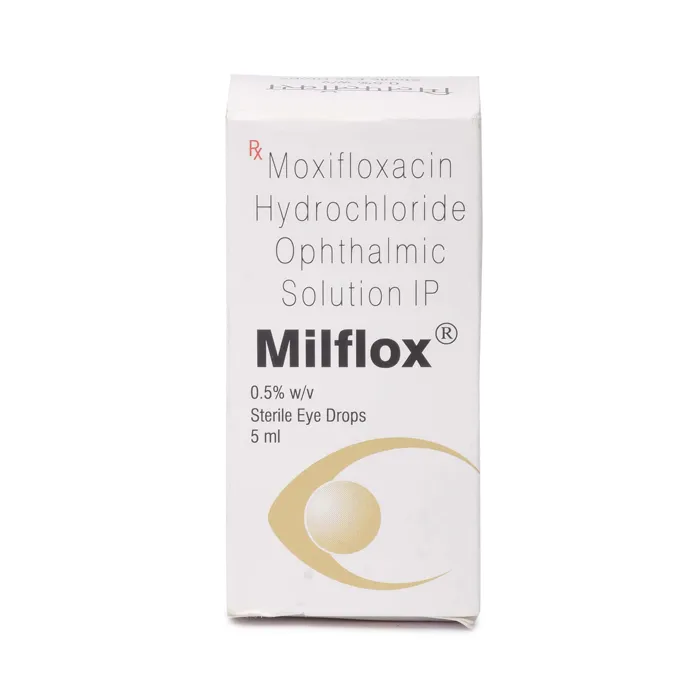Uveitis refers to an eye condition that affects the middle layer of the tissue in one’s eyes and causes inflammation.
It can be a silent threat to one’s sight and can even lead to vision loss if left untreated.
However, it is important to know the Uveitis causes to determine the best treatment for this condition.
The causes of Uveitis usually include infectious causes, autoimmune factors, and trauma or drug-related Uveitis.
This article will discuss the above-mentioned causes of Uveitis in detail.
Understanding Uveitis Causes
Uveitis is the inflammation of one’s uvea, which is the middle layer of our eyes.
A person may experience Uveitis due to several infectious causes like bacterial Uveitis, viral Uveitis, parasitic Uveitis, and fungal Uveitis.
Some individuals might experience the condition due to several autoimmune factors.
Sometimes, people might experience Uveitis due to eye trauma and the effects of using certain drugs.
This section will discuss these variations of causes of Uveitis for early diagnosis in individuals.
To understand the different types of Uveitis, read Types of Uveitis: Understanding the Different Forms of Ocular Inflammation.
Experience relief from bacterial Uveitis with eye drops and tablets now available on Cheap Medicine Shop!
Save up to 90% on your medicine bills

Eyemist Forte 10 ml

Milflox 0.5% 5 ml

Restasis 0.05% Ophthalmic Emulsion

Pred Forte 10 ml
Infectious Causes of Uveitis
 Source: razyph_from_Getty_Images
Source: razyph_from_Getty_ImagesAccording to a study, infectious Uveitis is the most common cause of Uveitis in the US.
It can happen due to viruses, bacteria, fungi, and parasites and may have serious consequences.
In the case of viral Uveitis, viruses like Herpes Simplex, Varicella-zoster, Cytomegalovirus, and Rubella are usually responsible.
Research states that viral Uveitis can cause high eye pressure, sensitivity to light, and blurred vision.
Bacteria like Staphylococcus Aureus and Streptococcus are responsible for causing bacterial Uveitis.
This bacterial infection can cause redness, pain, and decreased vision.
Although infection due to parasites and fungi like Toxoplasma Gondii and Candida species are uncommon, it is still a cause of Uveitis.
This infection may also lead to redness and eye inflammation in a person.
Autoimmune Factors in Uveitis
According to a study, the HLA-B27 gene can lead to Uveitis in individuals.
This gene is often seen in individuals with conditions like Ankylosing Spondylitis and reactive Arthritis.
In these cases, people facing the condition might require special treatment to control their inflammation due to Uveitis.
Another study states that Behçet’s Disease can cause inflammatory eye diseases like Uveitis.
Uveitis may develop in the early stages of this disease and can result in 20% vision loss in these cases.
A study states Systemic Lupus Erythematosus (SLE) can also lead to autoimmune Uveitis.
To learn about the the treatment options for Uveitis, read A Comprehensive Guide to Uveitis Treatment.
Non-infectious and Non-autoimmune Causes of Uveitis
Research states that trauma is one of the most common reasons for Uveitis and is responsible for 90% of the cases.
These trauma usually include blunt force or penetrating injuries, which results in inflammation.
Certain Antibiotics and Anti-inflammatory drugs can also cause Uveitis as an adverse side effect.
These medications include Cidofovir, Cobalt, Diethylcarbamazepine, Pamidronic acid, Quinidine, and Rifabutin.
To explore the options available as Uveitis medications, read Understanding Uveitis Medication Treatment.
Conclusion
It is important to know about Uveitis causes since it helps determine the most suitable treatment.
A person may experience infectious Uveitis due to viruses like Herpes Simplex, Varicella-zoster, Cytomegalovirus, and Rubella.
Bacteria like Staphylococcus Aureus and Streptococcus, parasites, and fungus infections are also responsible for the condition.
Some individuals might experience Uveitis due to autoimmune factors like the HLA-B27 gene, Behçet’s Disease, and Lupus Erythematosus.
In some cases, conditions like Ankylosing Spondylitis and reactive Arthritis may also lead to Uveitis.
People may also face Uveitis due to certain Antibiotics or eye trauma.
If you are constantly experiencing the symptoms of Uveitis, you should consult a doctor immediately.
Treating this condition on time will help you protect your vision from damage.
Buy Predmet 10 ml to treat the symptoms and enjoy a healthy vision today!

Frequently Asked Questions
Can stress cause Uveitis?
No, stress alone cannot cause Uveitis in a person. However, it can weaken one’s immune system and may increase the risk of Uveitis.
Can Uveitis lead to permanent vision loss?
Yes, Uveitis can lead to permanent vision loss if it remains untreated. The inflammation due to Uveitis can cause damage to the retina or the optic nerve and affect one’s vision.
Can Rheumatoid Arthritis cause Uveitis?
Yes, Rheumatoid Arthritis (RA) can cause Uveitis. The response of the body’s immune system due to RA can affect the eyes, which can lead to inflammation.
What is the most common cause of Uveitis?
One of the most common causes of Uveitis is infections due to viruses and bacteria. Among other causes, autoimmune factors like HLA-B27-associated disorders, Spondylitis, and reactive Arthritis can also cause Uveitis.
What is the best way to treat Uveitis symptoms?
The best treatment for Uveitis symptoms will depend on its causes. Usually, doctors suggest Corticosteroid eye drops to reduce inflammation.
In case of infectious Uveitis, Antiviral, Antibiotic, or Antifungal medications may be prescribed. Autoimmune-related Uveitis may require immunosuppressive drugs.
Cheap Medicine Shop only refers to credible, authoritative sources for our content. If you’re curious about how we ensure the integrity of our content, we encourage you to read our Content Information Policy.














